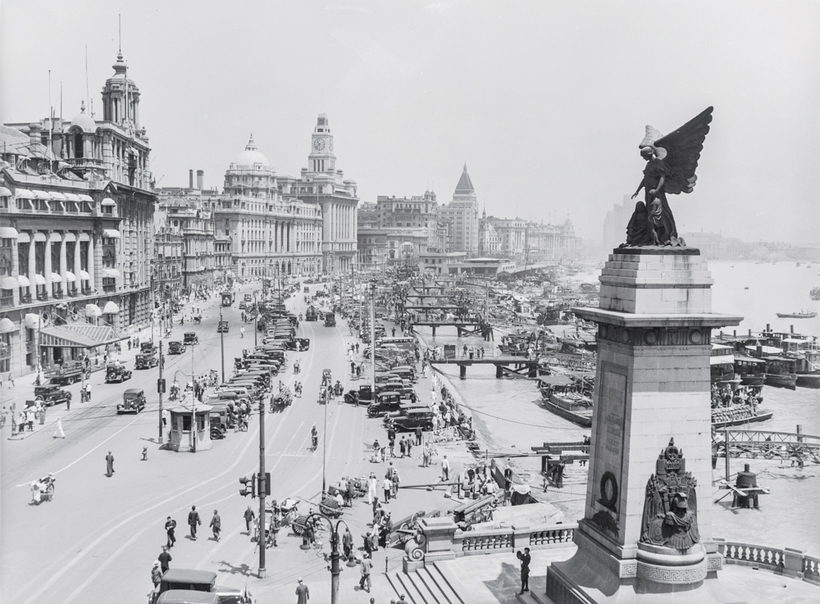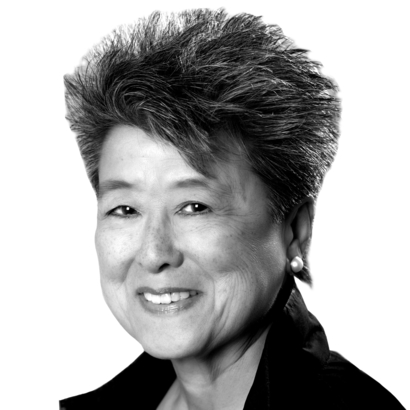In today’s dystopian world, China is portrayed as so overpowering and diabolical that it is willing to sicken much of humanity, including its own people. That narrative makes it hard to imagine a Middle Kingdom once so weak that a dozen countries, led by Britain, swooped in like vultures to feast on its choicest entrails—what China often calls its “century of humiliation.”
The Last Kings of Shanghai reminds us of that time in captivating detail, and even more surprising, reveals that those “last kings” were displaced Jews from Baghdad who mastered Great Britain’s tools of empire. In spite of Anglo anti-Semitism, two legendary Jewish dynasties, the Sassoons and the Kadoories, began their Chinese odysseys in the mid- and late 1800s, achieving fabulous wealth. Theirs is a complex ascendance built on opium trafficking that imposed terrible suffering on millions and was fundamental to China’s decline. Yet these families also invested heavily in the country’s infrastructure, playing a major role in China’s modernization, from which they profited greatly.


